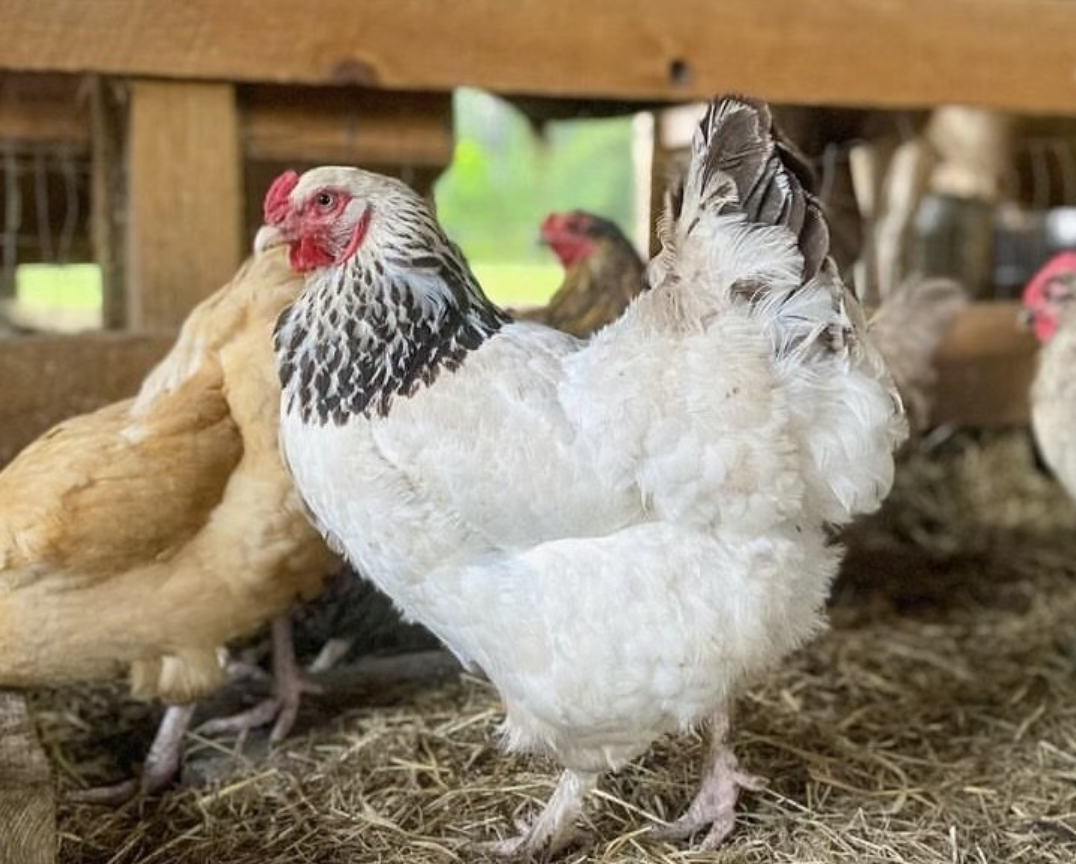Chicken Series: Quality Matters
I often joke that chickens are the gateway animal on the homestead because of how quickly and easily you can pick up on how to care for them. When you are new to chickens, every little detail seems so intimidating, but I promise you - chickens are hands down the easiest animal to maintain on the homestead and they can be raised just about everywhere.
Small flocks of chickens can be found throughout the city and suburbs making fresh eggs closer than you may have considered. If you are living in an apartment or on a tiny piece of land where chickens wouldn’t fit well (or you’re not allowed to have them due to an HOA) - your first step is to find a local resource that sells eggs and support them.
I hate to break it to you so bluntly (or do I 🤔) but the eggs that you’re eating at the store are likely not what you think they are.
Let’s break down common egg terms a little better:
Unless you know the farmers that are producing these eggs - you don’t truly know how they're being raised or more importantly WHAT they’re being fed.
It seems like such a simple concept - but it’s often overlooked, so let’s dive into this for a second. We are learning that food is a form of medicine. God created specific ingredients to support our bodies in ways that many of us had no clue of for the longest time.
Oregano is a natural immune booster.
Garlic is the Lord’s antibiotic.
Lemon has antibacterial properties
And so on and so forth.
These foods work together with our body for specific purposes to help us live optimally.
In the same respect, food that doesn’t serve our bodies (like processed foods loaded with dyes and refined sugars) will wreak havoc on our organs and decrease their ability to function in day to day life.
I’ve obviously oversimplified that thought process a bunch - but that leads us to this thought: what your food source eats directly impacts your body as you consume it.
If you’re raising chickens and serving them who knows what in a concoction of feed, what nutritional value will their eggs produce? Are your wheels turning yet?
Some of the most common ingredients in chicken feed are corn and soy. They’re also common ingredients in our diets if we look at how foods are made - but we’ll save that topic for another month of deep diving!
We know that corn and soy run rampant in foods, but do we know what it actually does inside of our bodies? Let’s dive in!
Corn and soy produce a compound in our bodies called linoleic acid. I’ve learned a lot about this concept by studying Dr. Paul’s research and looking into the research articles he pulls on them. You can find him on Instagram at carnivore.md2.0 - he’s a great account to follow.
He shared this video that really resonated with me a while back and it may do the same with you:
Consuming linoleic acids (or polyunsaturated fats - PUFAS) is a no go for our animals here on the farm - and since eating their meat, I’ve noticed positive changes in my overall health.
There’s zero judgment here, friends - just sharing the facts that led us to raise our own flock on corn free/soy free feed!


